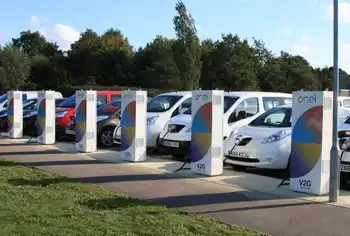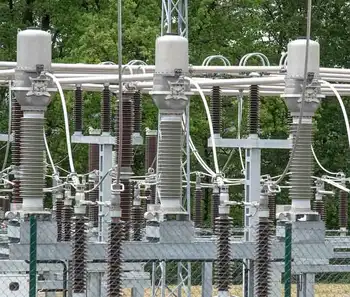South Korea sees 2004 energy demand growing faster
SEOUL - - Energy demand in South Korea, the world's fourth-biggest oil buyer, is set to grow slightly faster than last year due to an improving economy, their energy ministry said recently.
However, the Ministry of Commerce, Industry and Energy said in a statement that the value of South Korea's energy imports are likely to be steady in 2004 because of an expected decline in global prices of oil and liquefied natural gas (LNG).
South Korea, which imports all of its crude oil, is also the world's second-largest buyer of LNG, a super-cooled natural gas. The statement read: "Energy consumption -- including oil, coal, natural gas and nuclear energy -- is expected to grow to 225 million tonnes of oil equivalent (TOE) in 2004, up 4.5 percent from an estimated 215 million TOE in 2003."
According to The Ministry's statement, the demand in 2003 grew 3.0 percent.
The economy, Asia's fourth-biggest, is expected to grow 5.2 percent in 2004 after an estimated 2.9 percent rise in 2003, according to the latest forecast by Seoul's central bank.
The value of energy imports would probably be little changed at $37.8 billion this year compared with $38.0 billion in 2003 as global prices of oil and liquefied natural gas are likely to decline, the ministry said.
The import price of a barrel of crude into South Korea is forecast to fall to $27.2 per barrel in 2004 on cost, insurance and freight (CIF) basis from an estimated $28.7 a barrel last year, the statement said.
The price for LNG is expected to fall to $232.6 per tonne this year from an estimated $257.4 per tonne in 2003, it said.
The portion of the energy imports in the country's total import value would fall to 18.2 percent this year from 21.3 percent last year, it said.
By energy source, the share of oil in the country's energy mix may continue to shrink, while those of natural gas and nuclear energy are forecast to grow, it said. The 2004 energy forecast shows South Korea's energy demand growth is likely to plateau at three to five percent in the coming years versus a 7.5 percent growth seen in the 1990s, the ministry said.
Related News

Renewable energy now cheapest option for new electricity in most of the world: Report
LONDON - Renewable energy is now the cheapest option for new electricity installation in most of the world, a report from the International Renewable Energy Agency (IRENA) on Tuesday said.
Renewable power projects have undercut traditional coal fuel plants, with solar and wind power costs in particular falling. In the Arabian Gulf, governments have been investing heavily in solar energy, with some of the biggest projects in the world in various stages of construction.
“Installing new renewables increasingly costs less than the cheapest fossil fuels. With or without the health and economic crisis, dirty coal plants were overdue to be consigned to…




